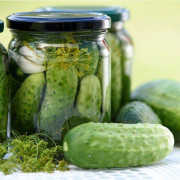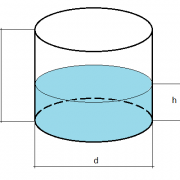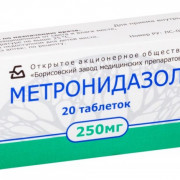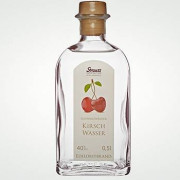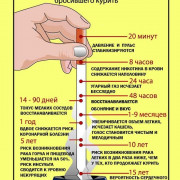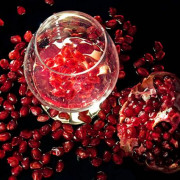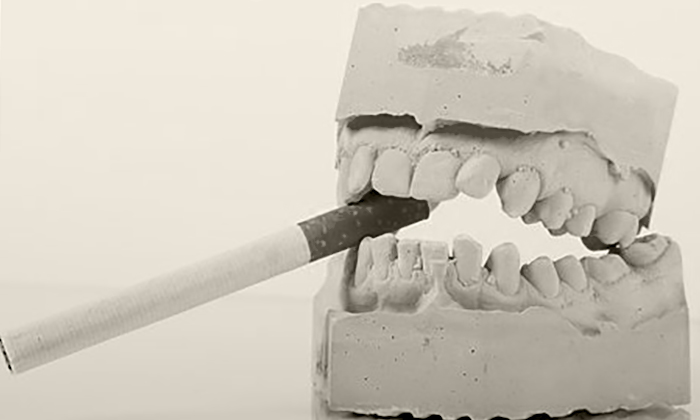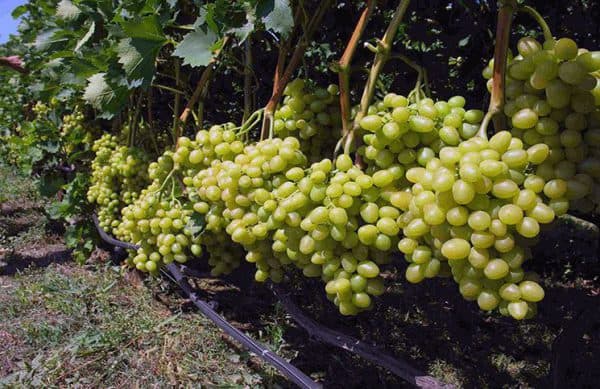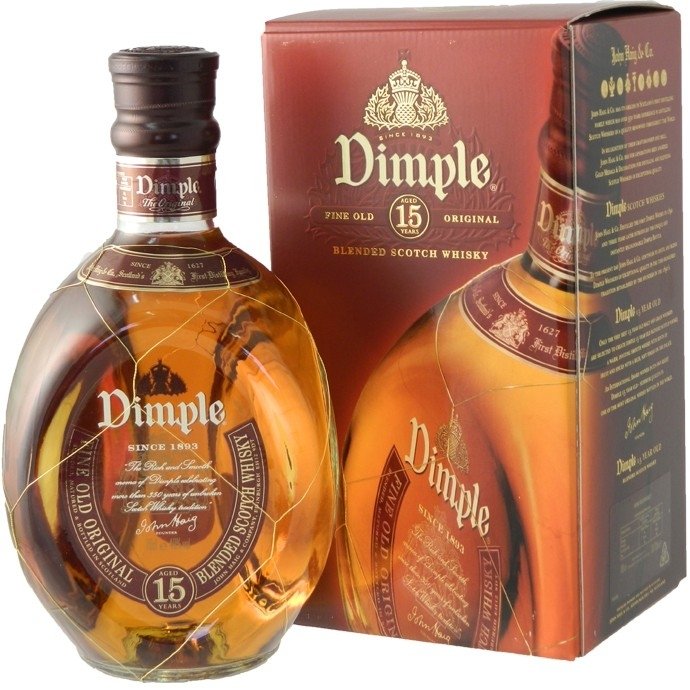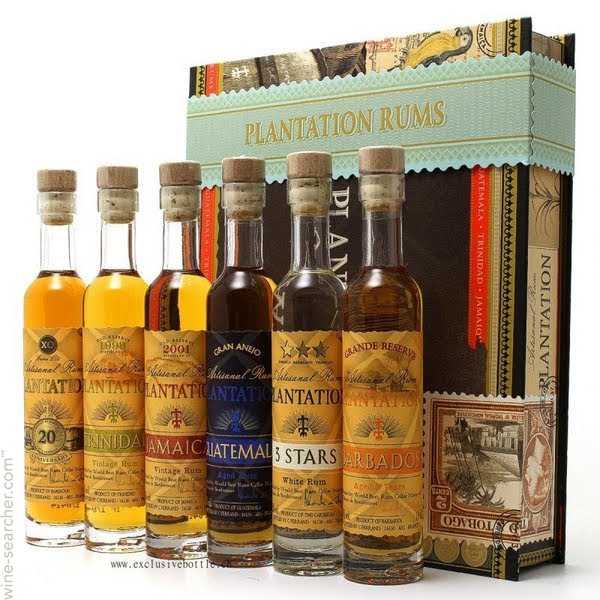Blanc
Содержание:
- Main Page
- Community portal
- Preferences
- Requested entries
- Recent changes
- Random entry
- Help
- Glossary
- Donations
- Contact us
In other languages
- العربية
- Aymar aru
- Azərbaycanca
- Brezhoneg
- Català
- Čeština
- Corsu
- Cymraeg
- Dansk
- Deutsch
- Eesti
- Ελληνικά
- Español
- Esperanto
- Euskara
- Français
- Gaeilge
- Galego
- 한국어
- Հայերեն
- Hrvatski
- Ido
- Bahasa Indonesia
- Interlingua
- Italiano
- ಕನ್ನಡ
- Қазақша
- Kurdî
- Кыргызча
- ລາວ
- Latviešu
- Lietuvių
- Limburgs
- Magyar
- Malagasy
- Malti
- Māori
- Nāhuatl
- Nederlands
- 日本語
- Norsk
- Occitan
- Oromoo
- Oʻzbekcha/ўзбекча
- Plattdüütsch
- Polski
- Português
- Română
- Русский
- Sicilianu
- Slovenčina
- Suomi
- Svenska
- தமிழ்
- ไทย
- Тоҷикӣ
- ᏣᎳᎩ
- Türkçe
- ئۇيغۇرچە / Uyghurche
- Vèneto
- Tiếng Việt
- Walon
- 中文
French[edit]
Etymologyedit
From Middle French , from Old French , from Late Latin, Vulgar Latin *blancus, a borrowing of Frankish *blank, from Proto-Germanic *blankaz (“bright, shining, blinding, white”), from Proto-Indo-European *bʰleyǵ- (“to shine”). Akin to Old High German «bright, white» (German «polished, naked»), Old Norse blankr «white» (Danish «bright, shiny»), Dutch «white, shining». More at , .
Adjectiveedit
blanc (feminine singular , masculine plural , feminine plural )
-
white color
- Ce lait est blanc. — This milk is white.
- blank, unused
- (, one’s look) blank, without expression
Nounedit
blanc m (plural )
- white (color)
- silence while in a dialog.
-
empty space, on a leaf of paper or in a form.
- Inscrivez votre nom dans le blanc en bas de la page. — Write your name in the blank at the bottom of the page.
-
() white wine.
- Le poisson se mange avec du blanc. — fish is eaten with white wine.
-
white
2015, Ilham Maad, Noir, pas black:
C’est qu’en France, les blancs n’existent pas et par contre la façon de parler des nonblancs existe et évolue avec le temps. Parce qu’effectivement, d’abord on était sur des termes purement et simplement racistes avec « bamboula, negro, nègre, bicot, bougnoule » et puis après ça a évolué et on est arrivé à « black, beur »… Donc je sais pas quand est-ce que ça a commencé exactement, moi je marque ça aux années 80, le hip hop, voilà, la black music…In France, there are no Whites, but names for non-Whites are constantly evolving. First we had terms that were purely and simply racist, like jigaboo, negro, nigger, coon, sambo… That evolved until we got to Black, Brownie… I’m not sure when that came in, but I guess it was the 1980s, with hip-hop and «Black music.»person, person with a white complexion.
- white, egg white
- white meat
- correction fluid, whiteout, Tippex
Descendantsedit
- Antillean Creole:
- Guianese Creole:
- Haitian Creole:
- Karipúna Creole French: blã
- Louisiana Creole French: , blon
- Seychellois Creole:
- Tayo:
“blanc” in Trésor de la langue française informatisé (The Digitized Treasury of the French Language).
Old French[edit]
Etymologyedit
From Late Latin, Vulgar Latin *blancus, from Proto-Germanic *blankaz (“bright, shining, blinding, white”), from Proto-Indo-European *bhleg- (“to shine”). Akin to Old High German «bright, white» (German (“blank, white”)), Old Norse blankr (“white”) (Danish (“bright, shiny”)), Dutch (“white, shining”). More at , .
Adjectiveedit
blanc m (oblique and nominative feminine singular )
- white
Declensionedit
Declension of blanc
| Number | Case | Masculine | Feminine | Neuter |
|---|---|---|---|---|
| Singular | blanc | |||
| blanc | blanc | |||
| Plural | Subject | blanc | blanc | |
| Oblique | blanc |
Nounedit
blanc m (oblique plural , nominative singular , nominative plural blanc)
-
white
circa 1170, Chrétien de Troyes, Érec et Énide:
Ses haubers est coverz de sanc:De roge i a plus que de blanc.
His chainmail is covered in blood
There’s more red than white (referring to his white chainmail)(color)
Descendantsedit
- Burgundian:
- Champaignat: bian
- Gallo: blânc
- Lorrain: bianc
- Middle English: ,
English: blank
- Middle French: (see there for further descendants)
- Norman: ,
- Picard:
- Walloon: ,
Old English[edit]
Etymologyedit
From Proto-Germanic *blankaz (“bright», «shining», «blinding», «white”), from Proto-Indo-European *bhleg- (“to shine”). Akin to Old High German blanch, (“bright», «white”), hence German (“blank», «white”), Old Norse blankr (“white”), hence Danish (“shiny”), Swedish (“shiny”), Dutch (“white», «shining”).
blanc
- white
- greyish-white, pale, pallid
Declensionedit
Declension of blanc — Strong
| Singular | Masculine | Feminine | Neuter |
|---|---|---|---|
| Nominative | |||
| Accusative | |||
| Genitive | |||
| Dative | |||
| Instrumental | |||
| Plural | Masculine | Feminine | Neuter |
| Nominative | , | ||
| Accusative | , | ||
| Genitive | |||
| Dative | |||
| Instrumental |
Declension of blanc — Weak
| Singular | Masculine | Feminine | Neuter |
|---|---|---|---|
| Nominative | |||
| Accusative | |||
| Genitive | |||
| Dative | |||
| Instrumental | |||
| Plural | Masculine | Feminine | Neuter |
| Nominative | |||
| Accusative | |||
| Genitive | , | , | , |
| Dative | |||
| Instrumental |

